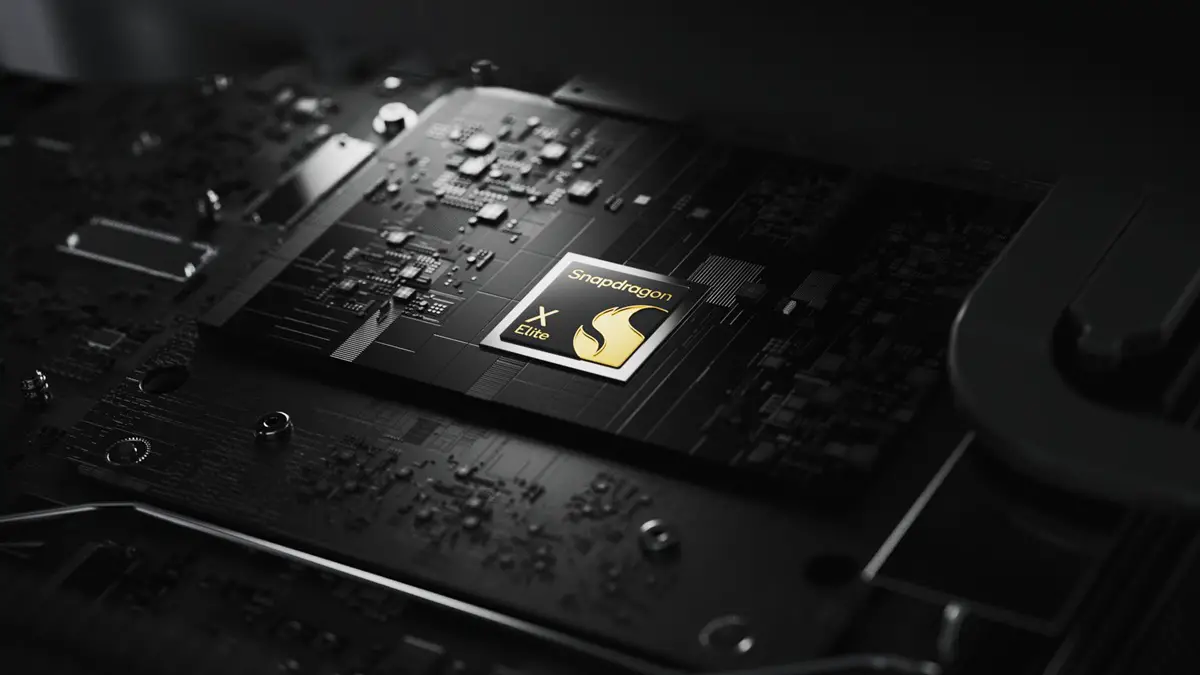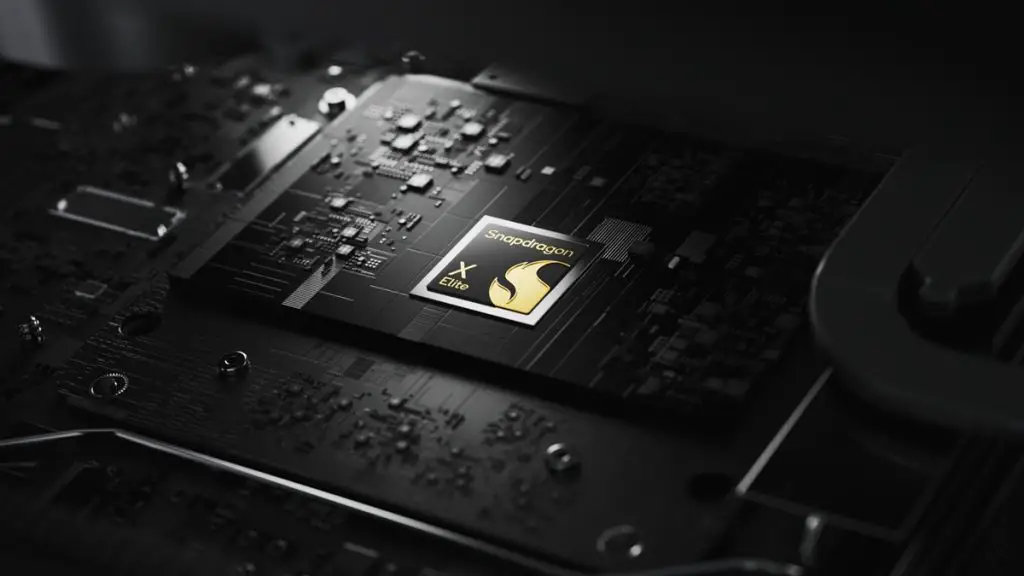
With the successful launch of the Snapdragon X series processors, Qualcomm and Microsoft’s collaboration on CoPilot+ PCs has ignited a wave of AI-powered PCs, with new products set to hit the market on June 18. Qualcomm views AI PCs as a new opportunity, believing that the SoC’s integrated NPU can enhance performance and battery life, while the AI engine introduces new experiences, heralding a new era for PCs. However, despite the optimistic outlook, Windows on Arm devices may face some potential risks.

According to Reuters, Qualcomm CEO Cristiano Amon recently discussed the ongoing litigation between Arm and Qualcomm with major system integrators such as Microsoft, ASUS, and Acer. This lawsuit has been ongoing for over two years without resolution, but if Arm ultimately prevails, the Snapdragon X series processors could face significant trouble, likely halting sales immediately. This would not only cause losses for partners but also directly impact Microsoft’s plans to advance AI PCs.
In 2021, Qualcomm acquired the startup NUVIA for $1.4 billion, aiming to leverage its team and Arm-based core designs to provide higher performance and efficiency for Windows PCs. The Snapdragon X series represents this success. However, in September 2022, Arm filed a lawsuit against Qualcomm and its subsidiary NUVIA in the U.S. District Court for the District of Delaware, accusing them of breach of agreement and trademark infringement. Arm demands that Qualcomm destroy NUVIA’s designs developed under the Arm license agreement and seeks reasonable compensation.
Arm asserts that the Technology License Agreement (TLA) and Architecture License Agreement (ALA) granted to NUVIA allow modification of existing cores and the design of custom cores or architectures based on Arm’s framework. These agreements stipulate that such licenses cannot be transferred to third parties without Arm’s consent. Furthermore, Qualcomm’s agreements with Arm do not cover third-party development of Arm-based products, such as NUVIA’s custom Phoenix core architecture, which forms the basis of the Snapdragon X series cores.
Arm contends that Qualcomm has violated the agreement and demands renegotiation to amend the terms of the license agreements. However, Qualcomm believes that the original agreements already encompass the scope of the license. The ongoing dispute between Qualcomm and Arm has somewhat affected system integrators, with rumors suggesting that some manufacturers have opted not to follow suit or are only adopting the Snapdragon X series on a limited scale, waiting for solutions from NVIDIA and MediaTek.


